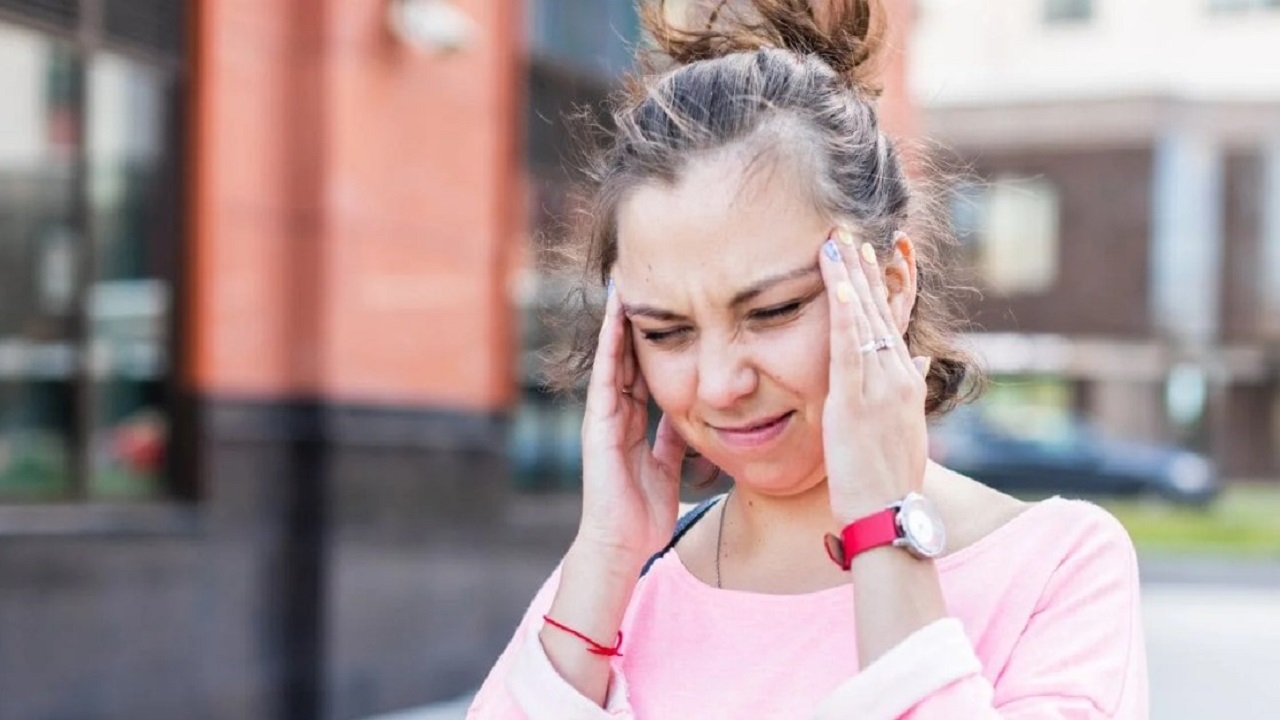Noise pollution has persistently affected our lives. The noise all day can be overwhelming. It can significantly impact our hearing health. With the spread of modern civilization, noise pollution has increased. But worry not; many renowned manufacturers, like Ceretone, provide high-quality hearing aids to lessen its effect.
Hearing designs the way through which we communicate, enjoy music, and remain aware of our surroundings. With exposure to loud sounds for long hours, this sense may eventually dent our hearing. In this article, let's discuss the effects of noise pollution on your hearing and approaches to reduce its impact.
What is Noise Pollution?
Noise pollution refers to increased or harmful amounts of noise within the environment. These noises can come from traffic sources, construction sites, factories, loudspeakers, etc. This is more possible in urban areas because there is a higher concentration of both people and vehicles.
Common Sources of Noise Pollution
- Traffic: Cars, buses, and motorcycles create noise. In busy cities, traffic is endless and loud.
- Construction: Noise is produced primarily with the help of heavy machinery as they start their work. The noise generated could bother the nearby area.
- Industrial Activity: Noise could be generated continuously through machines and equipment running inside factories or plants. It can negatively affect the workers and individuals living nearby.
- Loud Music: Concerts, parties, and announce speakers through road applications all lead to pollution through noise.
- Household Noises: Vacuuming and trimming the grass and bushes are among the noises resulting from activities in the homes.
Effects of Noise Pollution on Hearing
Long exposure to loud sounds has many different effects given to hearing problems. Let's see a few of those common things.
Hearing Loss
Loss of hearing can be temporary or permanent. It is the serious impact of noise pollution. Loud noise exposure can smash the tiny hair cells of the inner ear, which are essential for hearing. Once damaged, they do not grow back, resulting in hearing some sounds difficult or complete hearing loss.
Ringing in the Ears
It is one of the other important sounds caused by noise pollution, ringing, primarily in the ears, even in the absence of any outside noise. Tinnitus often causes severe distress to the subject and may lead to disturbances in sleeping or concentration. It is also common among people exposed to high noise levels in the environment.
Increased Stress Levels
Noise pollution isn't just bad for hearing but increases stress levels. Constantly loud sounds seem to increase anxiety and restlessness. It may lead to other health-related problems like hypertension and heart issues. Stress management is essential for good health.
Effect on Communication
With a loud background, noises become messy about communication. This can lead to misunderstandings and frustration. In very crowded places, people need to shout just to be heard, giving stress again to the vocal cords.
How to Protect Your Hearing?
The noise pollution will be among the most dangerous threats to hearing loss. Preventive measures will help protect hearing. Below are a few measures to consider practically to lower exposure to hazardous noise levels.
Ears Protection
If noise-exposed people use earplugs or noise-canceling headphones with such people in such an environment, they can reduce the distracting effects. These appliances will forward block ear-harmful sounds.
Limiting exposure to loud Sound
Occupying a noisy environment should not be permanent. Break away from this noisy environment if possible to ensure that one is not fully exposed to loud noise. For example, in the case of working in a noisy place, take short breaks in a quiet area.
Reduce volume
Be mindful of the volume when using headphones or speakers. Otherwise, such high volume tends to create havoc when listening to music through headphones or speakers.
Create a Quiet Home Environment
Within the home, decrease any form of internal noises. Use rugs or curtains to absorb such sounds and reduce echoes. If in a noisy area, then the housing type would be soundproof.
Educate Others
Let others know about it. Make them aware of how noise pollution can affect humans. Encourage the noise level of friends and family members. In this way, they will all come together to make an area quiet and healthy.
Conclusion
Noise pollution becomes a salient hazard to your hearing. Knowing what noise sources cause so much harm should lead us to deliberate attempts to safeguard our hearing senses against these unnatural pollution sources. The first step will entail protection through ear gadgets, limiting exposure to loud sounds, and converting areas into comfortable low-noise settings. Resist noise pollution so we can enjoy a quieter and healthier life.


